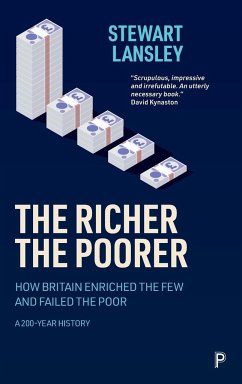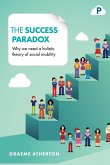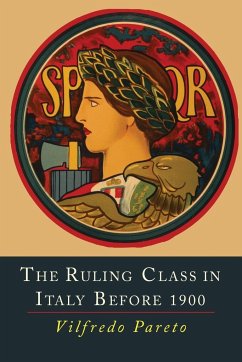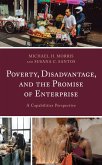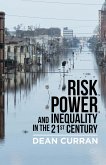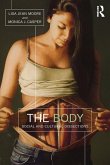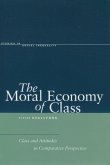For 200 years, Britain's most powerful elites have been allowed to enrich themselves at the expense of surging inequality and mass poverty. This landmark book charts the roller coaster history of both rich and poor, and the mechanisms that link wealth and impoverishment. Stewart Lansley traces the way financiers and executives have ruthlessly exploited their power to extract existing wealth at the cost of livelihoods and social resilience. He examines the bitter ideological rifts that have driven society back to the divisions of the past and asks why rich and poor citizens are judged by very different standards, and why the 'cycle of privilege' is as embedded today as a century earlier.
Hinweis: Dieser Artikel kann nur an eine deutsche Lieferadresse ausgeliefert werden.
Hinweis: Dieser Artikel kann nur an eine deutsche Lieferadresse ausgeliefert werden.

